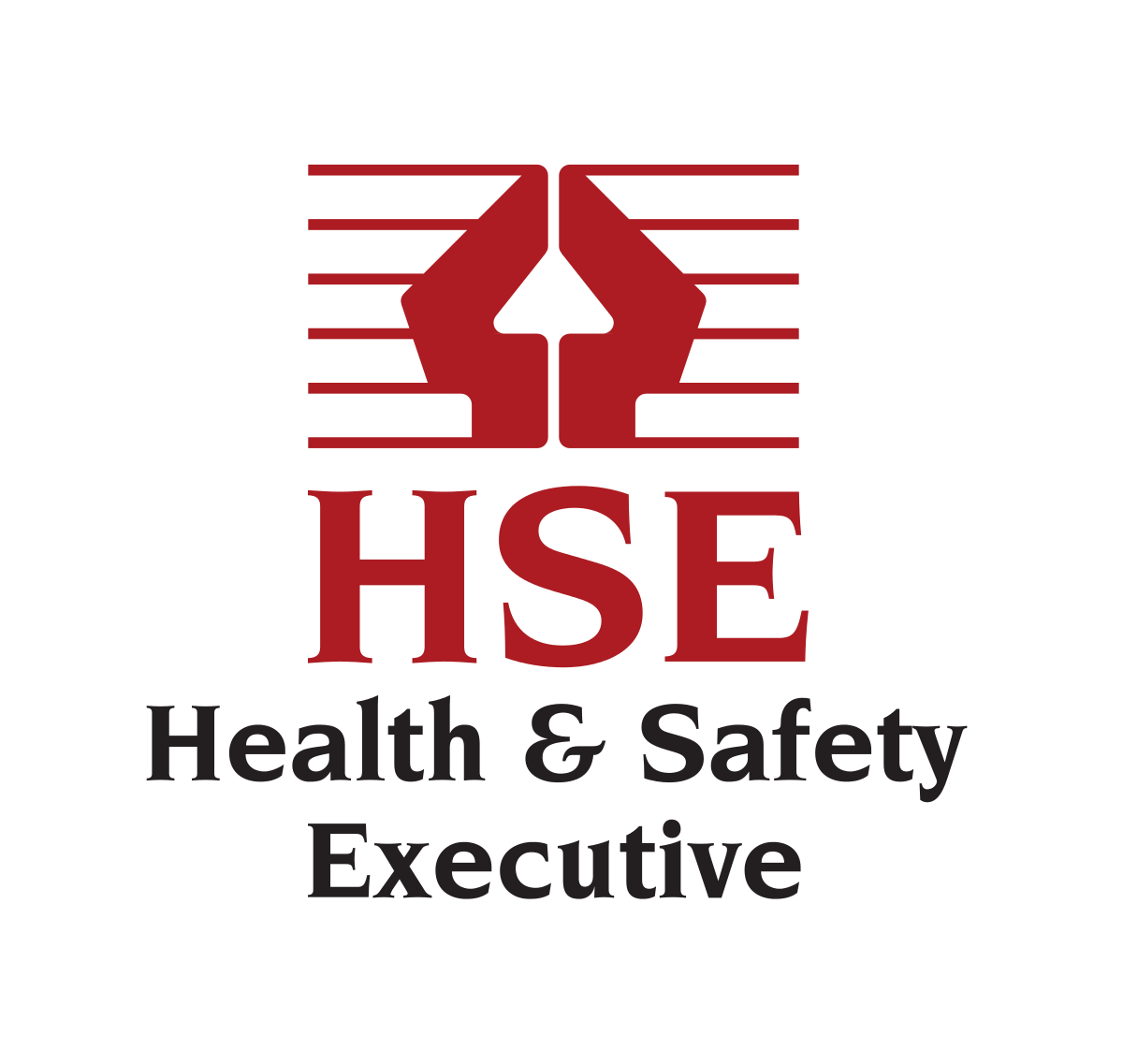Chronic stress, also known as cumulative stress, is the stress experienced by an individual as a result of a number of combining factors.
These can be directly related to a heavy workload or workplace challenges, or may result from workplace stresses on top of stressors at home.
Dealing with pandemic-related increase in stress:
Google searches of 'signs of burnout' increase by over 200%
Should stress be a reportable injury?
HR must implement better mental health policies
Mental health lessons from the pandemic must become part of workplace culture
The pandemic has only served to exacerbate stress among employees and indeed employers themselves; lockdown brought isolation and workplace disconnection, fuelling anxiety and stress levels.
Such is the growing global problem of work-related stress that it is now becoming a pandemic in itself – one that affects employees’ wellbeing and impacts the productivity of organisations, as a leading cause of workplace absenteeism.
In the past few months, several businesses have announced mandated leave as stress management strategies for their employees, in a bid to combat chronic stress.
In the summer, Bumble, LinkedIn, Twitter and Nike all announced that head office employees would all be given a week off.
Citigroup mandated Fridays without Zoom calls in order to combat fatigue, while retailer Home Bargains has confirmed it will close on Boxing Day and New Year’s Day to support its staff with much-needed time off.
They have all made the announcements in response to chronic stress brought on by prolonged pressures from the pandemic, but it’s crucially important that day-to-day team support isn’t overlooked.
The question to every business owner or HR manager should be: how are you supporting your team’s mental health and helping to prevent cumulative stress in your teams?
Having a mental health and stress management framework in place – one established through professional guidance or training – is key, as it can effectively enhance health, wellbeing and productivity in the office.
The Health and Safety Executive (HSE) has long provided a step-by-step workbook supporting businesses to meet their legal and moral obligations, starting with a risk assessment and ending with practical guidance and strategies to implement, in addition to developing a stress management policy.
It is further supported by the HSE stress website, which provides detailed information and case studies for work-related stress. In July 2021, a new ISO standard was launched, ISO 45003:202, which enables organisations to prevent work-related injury and ill-health of their workers, offering guidelines for managing psychosocial risks.
Following the steps set out by HSE can help to pinpoint potential causes of stress in the workplace, implement coping strategies and a framework to support individuals in a team and prepare the business case and roll-out for the strategies, including communication.
Then there is training. Stress management training, when put into practice, can be the basis of an organisation’s stress management framework and help make it a core component of its workplace culture.
It teaches a team to understand vulnerability and stress factors, as well as providing an understanding of stress reduction and relaxation techniques. In turn, these trained individuals can support the mental health of their colleagues and themselves, creating a culture of support.
With the numbers of those experiencing workplace stress on the increase, it is essential businesses look for ways to support workers and provide the tools for their employees to tackle mental health and stress in their organisation.
fWhile mandated annual leave is well-deserved and no doubt beneficial, quick-fire solutions such as this cannot be an organisation’s only, nor long-term strategy, and is why businesses must look at adopting a permanent framework to support staff mental health, as one of their main responsibilities as an employer.
By training provider Tidal Training











